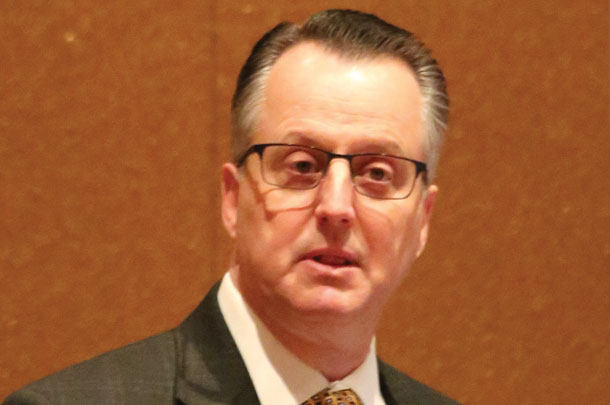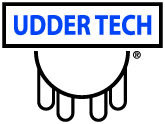At a recent producer conference in Lancaster, Pennsylvania, he talked about what it will take to build and maintain consumer trust in order to renew the social license that ensures agriculture’s freedom to operate.
“Instead of mass communication, we have masses of communicators,” said Arnot about the wave of social media contributing to consumers’ perspectives as they gravitate more toward the information they learn from friends, family and people who share their values than they do from experts and scientists.
“What does that mean for you, the producer?” he asked. “It means embrace who you are even more than what you know. Make the technology information we give our consumers more relevant to them.”
Beef production is rooted in both science and husbandry, but consumers rarely accept the scientific answer until it becomes relevant to them through a connection or shared value.
Arnot encouraged producers to embrace consumer skepticism and not to take it personally.
“It’s our social condition and part of our culture now to be skeptical of institutions. Agriculture is increasingly viewed as an institution,” he said. “It’s tough, but we need to resist the visceral response to the attacks on what we do and respond more strategically as individual producers and as an industry.”

Arnot noted that producers can start by listening and letting consumers know they hear their concern.
“The public wants information,” he said. “They are asking questions, and we need to start with more transparency. Transparency is truly no longer optional. That’s when you will have their ‘permission’ to give the information you want to share.”
He traced the decline of consumer trust in “institutions” and explained that consumers give producers the “social license” to operate.
The differences between then and now are stark. Today’s consumer grants authority for information by relationship, and there is no single social consensus on food issues. Instead, there are many voices communicating in informal, diverse and direct ways.
“We must navigate these ‘masses of communicators’ to renew the social license once enjoyed by agriculture and the food system so we can create an environment where agriculture and food production can grow, prosper and remain competitive in a global market,” he said.
The goal of communication should be to find the connection point and use it. Arnot gave this advice to engage effectively in telling beef’s story:
- Be yourself. Authentic transparency is essential. It reduces fear of the unknown.
- Don’t take consumer questions personally, and strive to avoid getting defensive.
- Instead of challenging their beliefs, listen for their values without judging and ask questions to invite conversation to understand or clarify their values. This is tough because we often listen with the intent of formulating our reply because we are anxious to give the facts. Instead, listen to understand.
- Think before engaging, and look for common ground.
- Don’t go straight for the science. Instead, share your perspective through values. Arnot says the gap is bridged and trust is built when producers show they care.
- Offer resources, and admit when you don’t know the answer. Building trust is more about sharing values and less about articulating a list of facts.
- Know when to disengage. Sometimes it is best to agree to disagree. They’ll keep thinking on it!
- Remember that values matter more than the science and the economics. Instead of talking about the research and focusing on how it is financially in your best interest to care for the land and cattle, shift the approach to universal values of compassion, responsibility, respect, fairness and honesty.
Consumers have an interest in knowing how their food is produced. They trust farmers and ranchers, but they are skeptical of the institutions. Each opportunity that touches a skeptical consumer has the capability of spreading to others as farmers and ranchers, themselves, become solid resources within the disjointed masses of communication that are influencing how consumers learn.
Why is this important? Building trust renews the social license that gives farmers and ranchers the freedom to operate, as well as the consumer trust for the product we are proud to produce. ![]()
PHOTO 2: Charlie Arnot from the Center for Food Integrity. Photos by Sherry Bunting.






